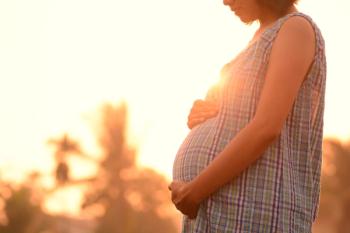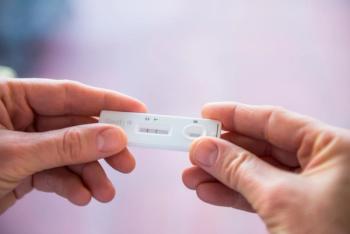
Are house evictions in pregnancy linked to adverse birth outcomes?
Poverty is connected to a number of negative health outcomes. An investigation examines whether receiving a home eviction during pregnancy is linked to adverse birth outcomes, a determinant of a child’s lifelong health.
Research continues to find more data that show the negative health outcomes that are associated with poverty and facing difficult life events, such as eviction from home. The financial fallout of the pandemic has increased the number of people at risk for such an incident. An
The investigators looked at births in Georgia. The state was selected because of its large and diverse population, longitudinally linked birth records, and mostly complete eviction data. Additionally, the 2016 rate of eviction, 4.71 for every 100 renter homes, was more than double the national average. The data on all births from January 2000 to December 2016 were from the state’s Department of Health. Eviction data came from LexisNexis Risk Solutions. In Georgia, evictions can happen because of rental/lease agreement violations and late payment or nonpayment for any duration of time.
During the study period, there were 88,862 births to 45,122 mothers and 99,517 births in total. There were 10,135 births to mothers who had an eviction action occur during pregnancy and 78,727 births to mothers who had eviction action that occurred outside of her pregnancy. When compared to mothers who had eviction actions at other times, evictions during pregnancy were linked to lower infant birth weight (difference, −26.88 [95% CI, −39.53 to 14.24] g), lower gestational age (difference, −0.09 [95% CI, −0.16 to −0.03] weeks), increased rates of low birth weight (0.88 [95% CI, 0.23-1.54] percentage points), and increase rates of prematurity (1.14 [95% CI, 0.21-2.06] percentage points). A nonsignificant increase in mortality (1.85 [95% CI, −0.19 to 3.89] per 1000 births) was also noted. The investigators also found that the link between eviction and birth weight was strongest in the second and third trimesters, with birth weight reductions of 34.74 (95% CI, −57.51 to −11.97) and 35.80 (95% CI, −52.91 to −18.69) g, respectively.
The investigators’ findings appear to indicate that eviction occurring during pregnancy was linked to adverse outcomes, which can have long-ranging consequences. Advocating for housing assistance for pregnant women could be an important way to improve infants’ health.
Reference
1. Himmelstein G, Desmond M. Association of eviction with adverse birth outcomes among women in Georgia, 2000 to 2016. JAMA Pediatr. March 1, 2021. Epub ahead of print. doi:10.1001/jamapediatrics.2020.6550
Newsletter
Access practical, evidence-based guidance to support better care for our youngest patients. Join our email list for the latest clinical updates.








